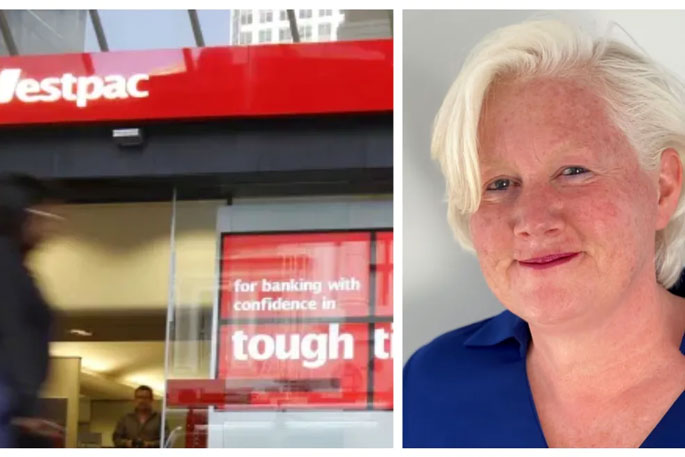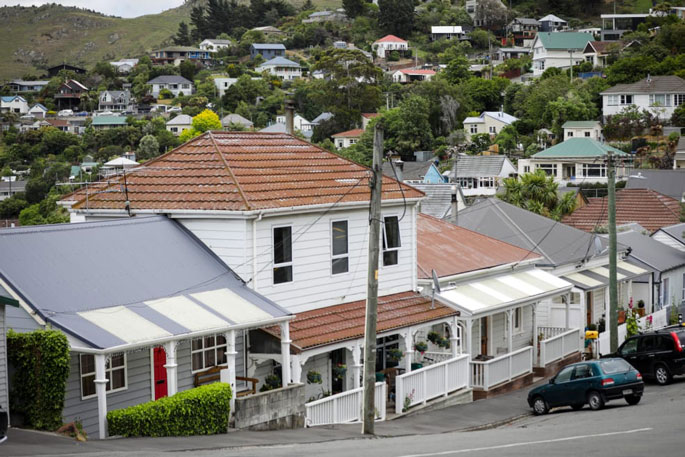Fewer than half the population are likely to own a home in the next 25 years, according to new research.
A Deloitte report, commissioned by Westpac, found less than 60 per cent of New Zealanders currently own their home - and this number will continue to decline, based on current trends.
The report found shared home ownership options like shared equity, rent-to-own and leasehold could help tens of thousands of people into home ownership.
It says 152,000 low-and middle-income New Zealanders could be eligible for shared home ownership pathways, but only roughly 53,000 were aware of these options.
Westpac announced on Tuesday it had set a target of lending $1 billion to affordable housing solutions over the next three years.
Chief executive Catherine McGrath says that includes lending to customers purchasing a home through a shared ownership model.
"Home ownership brings with it a range of financial and social benefits. These include greater stability, stronger communities, a rent-free retirement and the opportunity to build intergenerational wealth.
"These benefits are being eroded as home ownership becomes less attainable, and we hear from many would-be first-home buyers who feel overwhelmed by the challenges."
McGrath says the bank will also be lending to community housing providers.
"We already support community housing providers up and down New Zealand, but this report shows there are many areas that we - and the banking sector more widely - can improve."
 Photo: Westpac NZ/ RNZ.
Photo: Westpac NZ/ RNZ.
She says the number of shared equity and leasehold houses being offered by community housing providers (CHPs) is currently very small.
Westpac's report recommends long-term funding, including from the government, to help CHPs build and provide more affordable and social housing. It also encouraged the banking sector and regulators to review risk settings for community housing development loans to reduce costs.
A different approach to home ownership
First Home Buyers Club director Lesley Harris says Westpac's target is a step in the right direction to more New Zealanders owning homes.
"Westpac has clearly seen this is an important strategy for New Zealand. It's not just about maximising profits, but investing back into New Zealand and what is a housing and rental affordability crisis."
Harris says shared home ownership has become many people's only pathway to ownership.
"The traditional way of saving a deposit to get into your first home is not achievable for a lot of Kiwis now, particularly low- to middle-income earners. We need a different approach."
She says New Zealand has a lot of catching up to do compared with other countries.
"We know shared equity programmes work. If you look overseas, they're very prevalent. For New Zealand, it's a new concept and there's a lot of confusion about what's available and what options there are."
She says there needs to be a long-term effort to increase home ownership.
"With changes in government, things stop and start. We need to look at a long-term strategy that is sustainable, irrespective of different government's coming and going."
Amy Stevens, founder of Slice - a home ownership platform for affordable housing - says she's pleased banks like Westpac are getting on board with shared home ownership.
"It's great when any bank decides to come to the party for our customers."
She agrees one of the main challenges around affordable housing was a lack of funds.
"We saw that with the popularity of Kāinga Ora's First Home Partner shared equity scheme, but it couldn't keep up with demand."



1 comment
The Master
Posted on 25-07-2024 12:33 | By Ian Stevenson
The continued drop in homeownership reflect the obvious factors in he market place: -
1 Government's significant restriction/s (for your safety and best interests of course...) on lenders, that ensures lending is challenging to do, so many can not borrow.
2 Banks are unwilling to lend like before
3 Councils have whacked in many fees costs and restrictions on development, timeframes are slow, demands and so costs ex Councils are huge. This is of course merely to extend and multiply the Bura-rat-ocrazy within at everyone else's cost
4 The cost of a section as a result of all the above is then huge...
5 The time it takes and the cost to build make it unaffordable to many, all because of all teh above.
Leave a Comment
You must be logged in to make a comment.